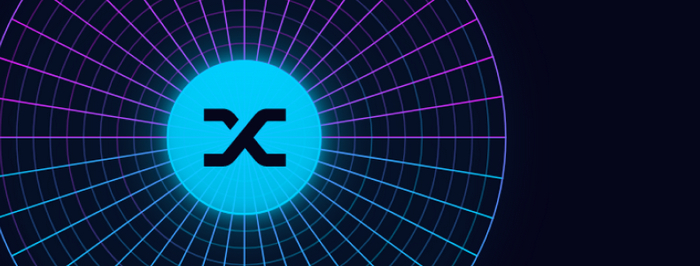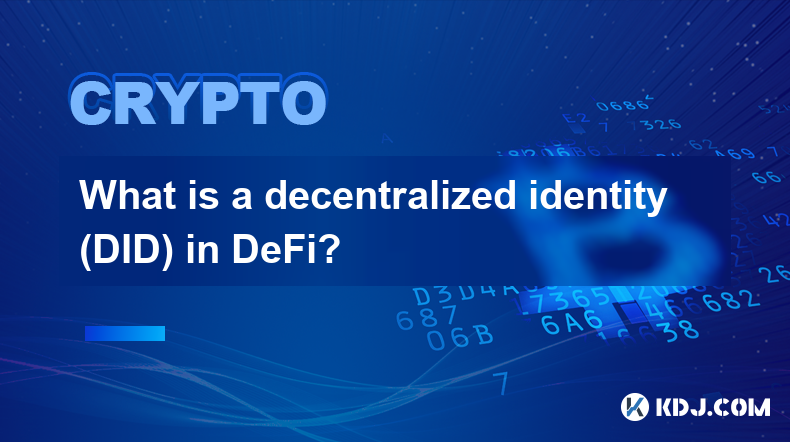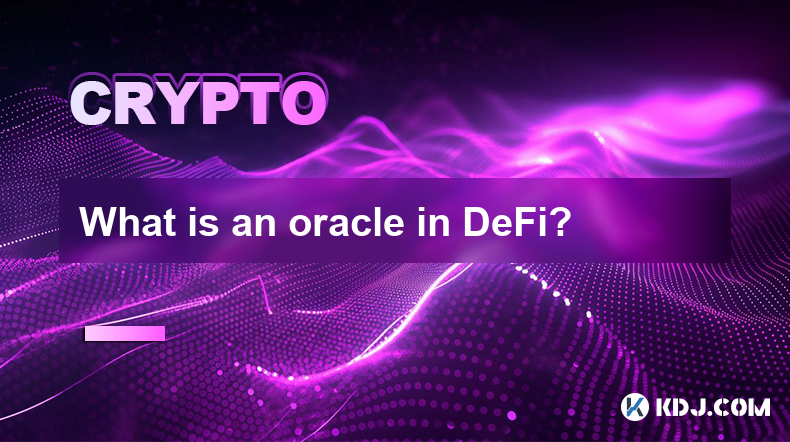-
 Bitcoin
Bitcoin $81,560.5117
-5.51% -
 Ethereum
Ethereum $1,771.5096
-6.33% -
 Tether USDt
Tether USDt $0.9997
-0.02% -
 XRP
XRP $2.0181
-5.66% -
 BNB
BNB $586.3042
-2.90% -
 USDC
USDC $0.9999
-0.01% -
 Solana
Solana $114.4035
-11.78% -
 Dogecoin
Dogecoin $0.1574
-8.81% -
 TRON
TRON $0.2356
-1.07% -
 Cardano
Cardano $0.6304
-7.98% -
 Toncoin
Toncoin $3.5817
-10.14% -
 UNUS SED LEO
UNUS SED LEO $9.4001
0.05% -
 Chainlink
Chainlink $12.4964
-9.88% -
 Stellar
Stellar $0.2554
-5.72% -
 Avalanche
Avalanche $17.9353
-7.12% -
 Sui
Sui $2.2095
-9.36% -
 Shiba Inu
Shiba Inu $0.0...01210
-4.11% -
 Hedera
Hedera $0.1588
-8.41% -
 Polkadot
Polkadot $3.9938
-3.88% -
 Litecoin
Litecoin $81.5008
-4.91% -
 MANTRA
MANTRA $6.3620
0.67% -
 Bitcoin Cash
Bitcoin Cash $295.0277
-4.58% -
 Dai
Dai $0.9999
0.01% -
 Bitget Token
Bitget Token $4.4599
-2.73% -
 Ethena USDe
Ethena USDe $0.9994
-0.05% -
 Pi
Pi $0.5677
-16.47% -
 Monero
Monero $209.1420
-4.72% -
 Hyperliquid
Hyperliquid $11.3307
-18.13% -
 Uniswap
Uniswap $5.6900
-8.31% -
 Aptos
Aptos $4.9771
-7.48%
What kind of currency is SNX? Where to trade SNX coins?
SNX (Synthetix) is a platform that enables the creation and trading of synthetic assets, providing exposure to real-world markets without direct ownership.
Oct 02, 2024 at 01:47 pm

What is SNX (Synthetix)?
Synthetix (SNX) is a decentralized synthetic asset issuance platform built on the Ethereum blockchain. It enables users to create and trade synthetic assets (Synths) that represent real-world assets, such as stocks, commodities, and fiat currencies. Synths provide exposure to the price movements of underlying assets without requiring physical ownership.
Where to Trade SNX Coins
SNX coins can be traded on multiple cryptocurrency exchanges, including:
- Binance
- Coinbase Pro
- Kraken
- Huobi
- FTX
- Uniswap (decentralized exchange)
Steps to Trade SNX Coins
To trade SNX coins, you can follow these steps:
- Create an account on a cryptocurrency exchange that supports SNX trading.
- Deposit funds into your account using a supported payment method.
- Navigate to the SNX trading pair (e.g., SNX/USDT)
- Enter the amount of SNX you want to buy or sell.
- Set the desired order type and price.
- Submit your order and wait for it to be filled.
Note:
The availability of SNX trading pairs may vary depending on the cryptocurrency exchange.
Disclaimer:info@kdj.com
The information provided is not trading advice. kdj.com does not assume any responsibility for any investments made based on the information provided in this article. Cryptocurrencies are highly volatile and it is highly recommended that you invest with caution after thorough research!
If you believe that the content used on this website infringes your copyright, please contact us immediately (info@kdj.com) and we will delete it promptly.
- VanEck Has Made a Big Move in Bringing a Binance Coin BNB/USD ETF to the United States
- 2025-04-04 02:25:12
- 3 Low-Cap Altcoins with Insane Potential in 2025: Dawgz AI ($DAGZ), Render (RNDR), and Sei (SEI)
- 2025-04-04 02:25:12
- A major Solana ($SOL) whale has returned to the spotlight after transferring substantial funds to Binance in two separate batches.
- 2025-04-04 02:20:11
- The U.S. Senate Banking Committee has voted to approve Paul Atkins' nomination for the role of Chair of the Securities and Exchange Commission (SEC).
- 2025-04-04 02:20:11
- Pepe Coin (PEPE) Demonstrates Remarkable Growth
- 2025-04-04 02:15:12
- We Asked AI to Predict Litecoin (LTC) Price in Q2 2025 Following Fidelity's Crypto IRA News
- 2025-04-04 02:15:12
Related knowledge

What is a decentralized identity (DID) in DeFi?
Mar 23,2025 at 11:57am
Key Points:Decentralized Identifiers (DIDs) offer a self-sovereign approach to digital identity management, crucial for DeFi's privacy and security needs.DIDs operate independently of centralized authorities, empowering users with control over their data.Integrating DIDs into DeFi applications enhances user privacy, reduces reliance on intermediaries, a...

What does "composability" mean in DeFi?
Mar 14,2025 at 12:36pm
Key Points:Composability in DeFi refers to the ability of different decentralized finance (DeFi) protocols to interact and combine seamlessly, creating novel financial products and services.This interoperability is a core tenet of the DeFi ecosystem, fostering innovation and efficiency.Understanding composability requires exploring its mechanisms, benef...

What is token economics in DeFi?
Mar 14,2025 at 03:20am
Key Points:Token economics in DeFi defines how tokens are used to incentivize and govern decentralized finance (DeFi) protocols.It encompasses token utility, distribution mechanisms, and economic models designed to ensure sustainability and growth.Understanding token economics is crucial for evaluating the long-term viability and potential risks of DeFi...

How are transaction fees calculated in DeFi?
Mar 14,2025 at 04:25am
Key Points:DeFi transaction fees vary significantly depending on the specific protocol, network congestion, and the complexity of the transaction.Gas fees, a crucial component, are paid in the native token of the blockchain (e.g., ETH on Ethereum).Factors influencing gas fees include the type of transaction, data size, and network demand.Protocols often...

What is an oracle in DeFi?
Mar 22,2025 at 06:50am
Key Points:Oracles bridge the gap between on-chain and off-chain data in DeFi, providing real-world information to smart contracts.Different oracle types exist, each with its own strengths and weaknesses, including centralized, decentralized, and hybrid oracles.Security and reliability are crucial concerns for oracles, as vulnerabilities can lead to sig...

What is a cross-chain bridge? What is its role in DeFi?
Mar 14,2025 at 10:00am
Key Points:Cross-chain bridges facilitate the transfer of assets between different blockchains.They are crucial for DeFi's interoperability, allowing users to access diverse applications and liquidity pools across various networks.Several types of cross-chain bridges exist, each with its own security and scalability trade-offs.Understanding the risks as...

What is a decentralized identity (DID) in DeFi?
Mar 23,2025 at 11:57am
Key Points:Decentralized Identifiers (DIDs) offer a self-sovereign approach to digital identity management, crucial for DeFi's privacy and security needs.DIDs operate independently of centralized authorities, empowering users with control over their data.Integrating DIDs into DeFi applications enhances user privacy, reduces reliance on intermediaries, a...

What does "composability" mean in DeFi?
Mar 14,2025 at 12:36pm
Key Points:Composability in DeFi refers to the ability of different decentralized finance (DeFi) protocols to interact and combine seamlessly, creating novel financial products and services.This interoperability is a core tenet of the DeFi ecosystem, fostering innovation and efficiency.Understanding composability requires exploring its mechanisms, benef...

What is token economics in DeFi?
Mar 14,2025 at 03:20am
Key Points:Token economics in DeFi defines how tokens are used to incentivize and govern decentralized finance (DeFi) protocols.It encompasses token utility, distribution mechanisms, and economic models designed to ensure sustainability and growth.Understanding token economics is crucial for evaluating the long-term viability and potential risks of DeFi...

How are transaction fees calculated in DeFi?
Mar 14,2025 at 04:25am
Key Points:DeFi transaction fees vary significantly depending on the specific protocol, network congestion, and the complexity of the transaction.Gas fees, a crucial component, are paid in the native token of the blockchain (e.g., ETH on Ethereum).Factors influencing gas fees include the type of transaction, data size, and network demand.Protocols often...

What is an oracle in DeFi?
Mar 22,2025 at 06:50am
Key Points:Oracles bridge the gap between on-chain and off-chain data in DeFi, providing real-world information to smart contracts.Different oracle types exist, each with its own strengths and weaknesses, including centralized, decentralized, and hybrid oracles.Security and reliability are crucial concerns for oracles, as vulnerabilities can lead to sig...

What is a cross-chain bridge? What is its role in DeFi?
Mar 14,2025 at 10:00am
Key Points:Cross-chain bridges facilitate the transfer of assets between different blockchains.They are crucial for DeFi's interoperability, allowing users to access diverse applications and liquidity pools across various networks.Several types of cross-chain bridges exist, each with its own security and scalability trade-offs.Understanding the risks as...
See all articles






















































































